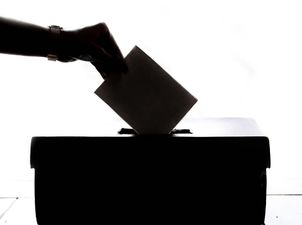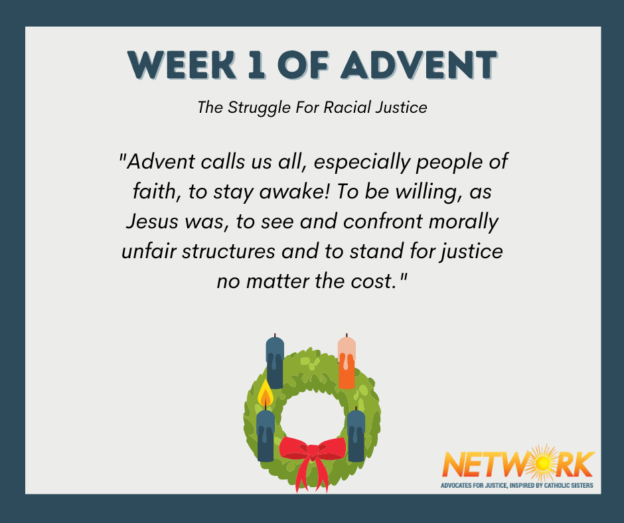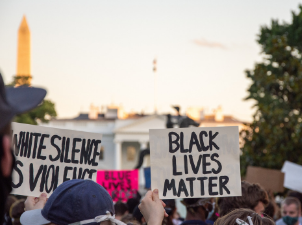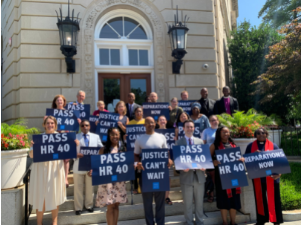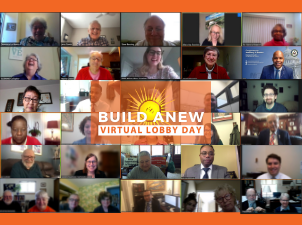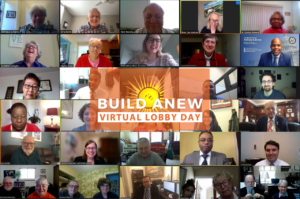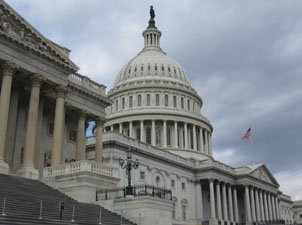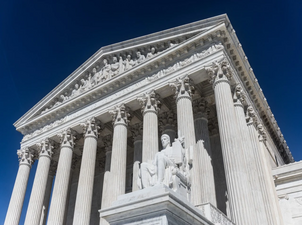
The Time is Now
Min. Christian Watkins
January 4, 2022
As we approach the one year anniversary of the January 6th insurrection, it is troubling to see that the quick passage of H.R.1 and the John Lewis Voting Rights Advancement Act in the House was followed by months of Republican obstruction in the Senate.
Despite month after month of aggressive and concerted attacks on voting rights and election administration by Republican state legislatures, the Senate has failed to respond by addressing the filibuster rule—the only remaining block to enacting critical protections.
The Freedom to Vote Act and John Lewis Voting Rights Advancement Act represent NETWORK’s top priorities: to protect our democratic institutions and to advance a transformative, once-in-a-generation investment in families and communities. The Build Back Better Act along with reforms in the Freedom to Vote Act and the John Lewis VRAA support families and protect the voices of those who have been systemically left behind in our economy and our democracy, particularly in the poor working class and in communities of color.
We urge Congress to take up continued negotiations on the Build Back Better bill and to take steps to pass the Freedom to Vote Act and the John Lewis VRAA immediately upon your return.
Founded by Catholic Sisters, we continue their legacy today by building a just society that ensures our people have what they need to live dignified lives. We know that a functioning democracy also reduces inequality, gives the most vulnerable a voice, and protects the God-given dignity of every voter.
Our nation—and the Senate—cannot successfully move into 2022 without a candid assessment of the legislative disappointment at the close of 2021. The failure of the Senate to pass protections for our democracy and voting rights was a worst-case scenario for advocates wanting meaningful solutions to the problems confronting us.
The threats to our democracy are real and present and, without needed protections, could mean that the January 6th insurrection was a precursor to worse attacks to come. We must invest in a better future for everyone and ensure that the foundation of our democratic institutions remains sound.
The time to act is now. NETWORK urges Congress to seize this pivotal opportunity to enact transformative legislation on behalf of working families and our democratic institutions across the United States. If not, we will squander this chance to build a stronger and more equitable nation where prosperity and power are shared, rather than hoarded by special interests and the privileged few. We call on you to act faithfully and with speed to pass these critical bills.







